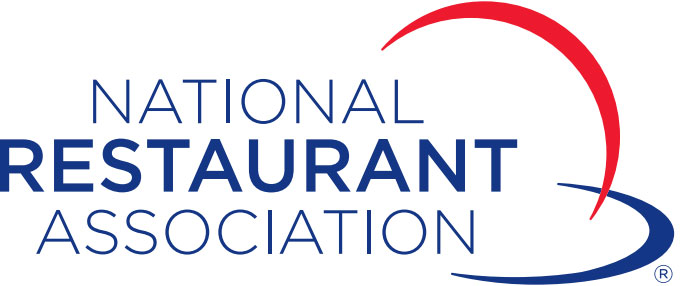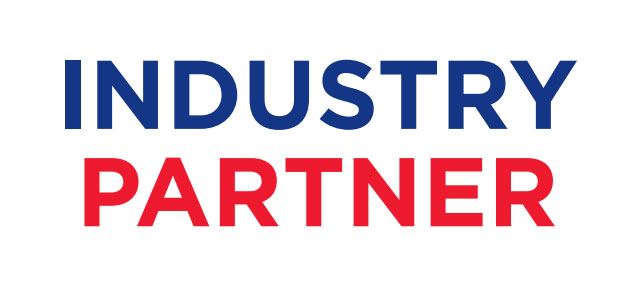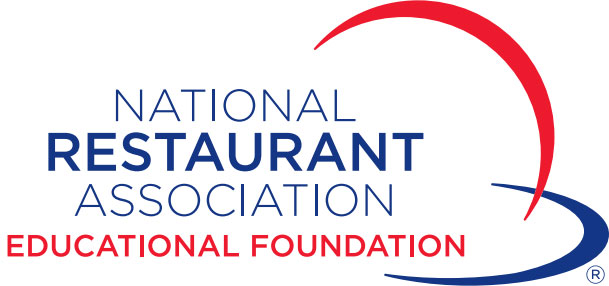Plus, our experts weigh in on what to do when you’re ghosted by a candidate
Ghosting interviews is as old as the recruiting process itself.
For years, candidates have chosen to not show up to interviews without any communication – it’s only now that we apply a term that’s been more typically used in the dating world.
In fact, “ghosting” is such a part of our vocabulary that, in 2017, Merriam-Webster dictionary added an informal definition of “ghost” which reads:
informal: to abruptly cut off all contact with (someone, such as a former romantic partner) by no longer accepting or responding to phone calls, instant messages, etc.
Companies are reporting that as many as half of candidates are no-shows for interviews. Chip Cutter, editor-at-large at LinkedIn and Wall Street Journal reporter, says the “tightening job market and a sustained labor shortage have contributed to a surge in professionals abruptly cutting off contact and turning silent.”1
And recruiting isn’t the only industry hard hit by no-shows. It’s estimated doctor appointment no-shows are costing the healthcare industry more than $150 billion per year.2 For the restaurant industry, no-shows cut deep into razor thin margins when tables sit empty, and front- and back-of-house employees must get paid whether or not guests show up.
What’s going on?
According to Psychology Today, “People who ghost are primarily focused on avoiding their own emotional discomfort and they aren’t thinking about how it makes the other person feel.”3
This holds true in recruiting. Candidates don’t want to close the circle. It’s easier to just not show up or not call than to explain that they have taken another job or are no longer interested.
Like it or not, technology has made it easier for us to disconnect from personal interactions.
For restaurants, online reservation apps have made it convenient for guests, but taken away the need to call to cancel, leaving restaurants hanging. But some of the biggest players are cracking down. OpenTable’s “four-strike” policy terminates a user’s account for four “no-show” reservations within a 12-month period, and Dimmi, Australia’s largest reservation booking site, put “nearly 40,000 diners on a blacklist for being no-shows.”4
Cutter also found that candidates often don’t know how to “properly” turn down a job5—and recruiters are left with an open chair. These days, it’s not “if” but “when” a candidate won’t show for an interview, or worse, the first day on the job.
So, what can you do?
When it happens time and again, ghosting can cost companies hundreds of hours of lost productivity. When recruiters feel they have done everything right, but candidates still don’t show, it’s easy to become discouraged, frustrated, and burned out on the entire process.
Our experts weigh in on some strategies that may help prevent ghosting interviews in the first place, but what to do after it happens.
Kevin Kalstad
Gecko Franchise Partner
In this highly competitive job market, you need a thorough, but expedited hiring process. Candidates won’t wait three or four weeks to get a few interviews done–especially if they are pursuing more than one option.
Given the current market conditions, be realistic in your interview and onboarding process. Encourage and educate your co-decision makers on these expectations as well. You can still have a in depth interview process, but it must be in an expedited manner. Good candidates go fast, so make sure your hiring process is keeping pace—or prepare for more ghosting interviews.
James Bullard
Gecko Franchise Partner
Know it can happen and don’t get discouraged. Understand that it’s not personal against you or your company. Ghosting is the candidate’s issue. Whether they didn’t want to share bad news, found another job, or just are no longer interested, many candidates choose not to communicate and disappear.
From the beginning, establish an open dialogue with the candidate. Keep communication lines open so they feel comfortable in sharing tougher news with you. Let them know that if they change their mind on the opportunity that it is OK – not every opportunity is for everyone – and ask that they let you know so you can ensure that no one’s time gets wasted.
Gabe Caruthers
Gecko Franchise Partner
Stay positive and make sure your process is not too long. Good candidates have a lot of options right now and in our culture of immediate gratification, they will disappear if they have to wait too long. I’m not sure that there is a lot we can do to prevent it.
The main thing I encourage our team to do is not to emulate it. Answer all calls, emails and text messages. Be an example of what you expect from candidates. I firmly believe that culture attracts culture. If you are an “employer of choice” people in the industry know that and will want to work with you because of how you treat your people, not how much you pay them.
Tom Bull
Gecko Franchise Partner
Communication with a candidate prior to a scheduled interview can be a good indicator of their professionalism and commitment. If a candidate responds to a text or email confirming the interview, then chances are they will show. Send a text confirming and ask for a simple “OK” to confirm. It usually works or gives the candidate an easy option to decline or cancel the interview.
Joan Koelbel
Gecko Franchise Partner
Keep moving everyone along in the interview cycle, as quickly as you can – and always have a backup plan. Even when you think you’ve found the right candidate, start thinking “Who is my #2?” That way, you’re prepared.
Jeremy Nichols
Gecko Franchise Partner
Be transparent in initial conversations. Send an email or text reminder of the interview a day before the interview and wish them luck. I always give the candidate the benefit of the doubt, so after interview is over, I reach out again via text or email. That opens the dialogue to see if the candidate responds. If the candidate doesn’t return the message, that’s a red flag.
Conclusion
The ghosting door swings both ways. Have you ever promised to call a candidate after an interview and not followed through? Most hiring managers have said to a candidate, “We’re still interviewing, but we will let you know.”
If the candidate was qualified enough to make it to the in-person interview stage, they deserve to be notified that they haven’t made the final cut. Managers can do their part by closing the communication circle with every candidate they speak with.
Until then, know that it happens and try not to get discouraged or take it personally. Instead, look at ways you can help prevent ghosting with better communication or speedier processes.
Sources:
1Chip Cutter. “People are ‘ghosting’ at work, and it’s driving companies crazy.” LinkedIn. https://www.linkedin.com/pulse/people-ghosting-work-its-driving-companies-crazy-chip-cutter/. June 23, 2018. Accessed October 25, 2018.
2Tashfeen Ekram. “How Much Are Cancelled Appointments & No-Shows Costing You?” Luma Health Blog. https://blog.lumahealth.io/how-much-are-cancelled-appointments-no-shows-costing-you. September 15, 2016. Accessed October 24, 2018.
3Jennice Vilhauer. “This Is Why Ghosting Hurts So Much.” Psychology Today. https://www.psychologytoday.com/us/blog/living-forward/201511/is-why-ghosting-hurts-so-much. November 27, 2015. Accessed October 24, 2018.
4Justin Phillips. “No-shows take big bite out of restaurants’ profits.” San Francisco Chronicle. https://www.sfchronicle.com/restaurants/article/No-shows-take-big-bite-out-of-restaurants-11013213.php. March 19, 2017. Accessed October 24, 2018.
5Chip Cutter. “They all ghosted a job. Their reasons? More complicated than you think.” LinkedIn. https://www.linkedin.com/pulse/all-ghosted-job-reasons-more-complicated-than-you-think-chip-cutter/. July 19, 2018. Accessed October 24, 2018








